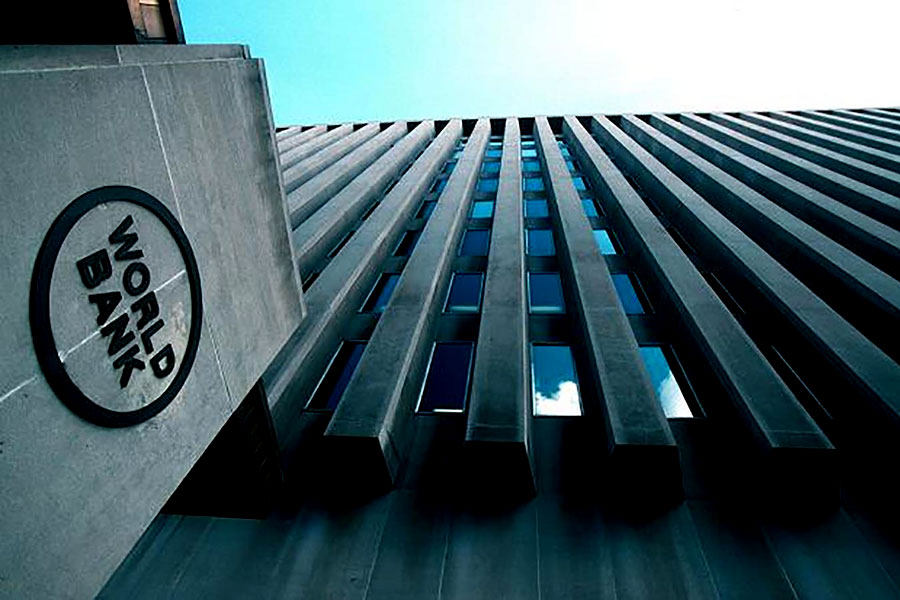
Published :
Updated :

The World Bank’s Board of Executive Directors has approved two projects totalling $900 million to help Bangladesh strengthen fiscal and financial sector policies and improve urban infrastructure and management to ensure sustainable and climate-resilient growth.
"In recent years, Bangladesh has been among the largest recipients of the World Bank’s interest-free credits," according to a media release received from Washington.
“Decisive reforms will help Bangladesh sustain growth and strengthen resilience to climate change and other shocks,” said Abdoulaye Seck, World Bank Country Director for Bangladesh and Bhutan.
“These new financing operations will help Bangladesh in two critical areas – the financial sector and urban management — to achieve its vision of upper middle-income status.”
The Second Recovery and Resilience Development Policy Credit ($500 million)—the last in a series of two credits—supports fiscal and financial sector reforms to accelerate sustainable growth and build resilience to future shocks, including climate change.
“A well-functioning financial sector is critical for Bangladesh to increase investment and improve access to finance for those left out of formal banking systems,” said Bernard Haven, World Bank Senior Economist and Task Team Leader for the program.
“The government has adopted strong macroeconomic reforms to address external imbalances and a new legislative framework to strengthen the financial sector.”
The financing will help streamline the bank recovery framework, implementing a prompt corrective action framework to address undercapitalized banks, the WB said.
It will also bolster social protection programs, safeguarding the most vulnerable during economic downturns and natural disasters, it said.
The Resilient Urban and Territorial Development Project ($400 million) will help improve climate-resilient and gender-responsive urban infrastructure and urban management capacities in seven city clusters along the economic corridor covering over 950 kilometres of the highway from Cox Bazaar in the south to Panchagarh in the north of Bangladesh.
“This will be the first in a series of projects helping build resilience to climate change and create new opportunities and jobs in secondary cities through spatially targeted investments,” said Kwabena Amankwah-Ayeh, World Bank Senior Urban Development Specialist and Task Team Leader for the project.
“Developing secondary cities as growth hubs will be critical for the country’s sustainable growth.”


 For all latest news, follow The Financial Express Google News channel.
For all latest news, follow The Financial Express Google News channel.